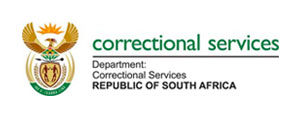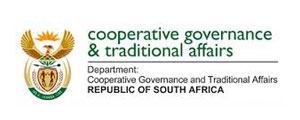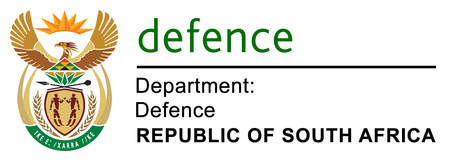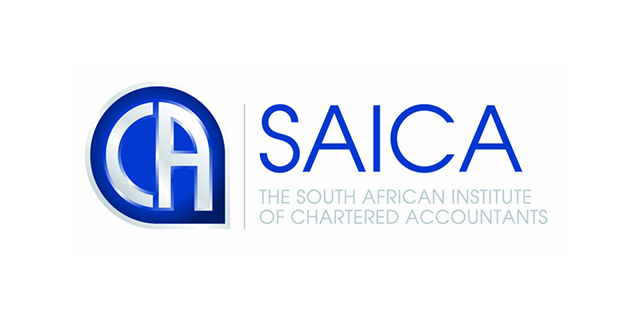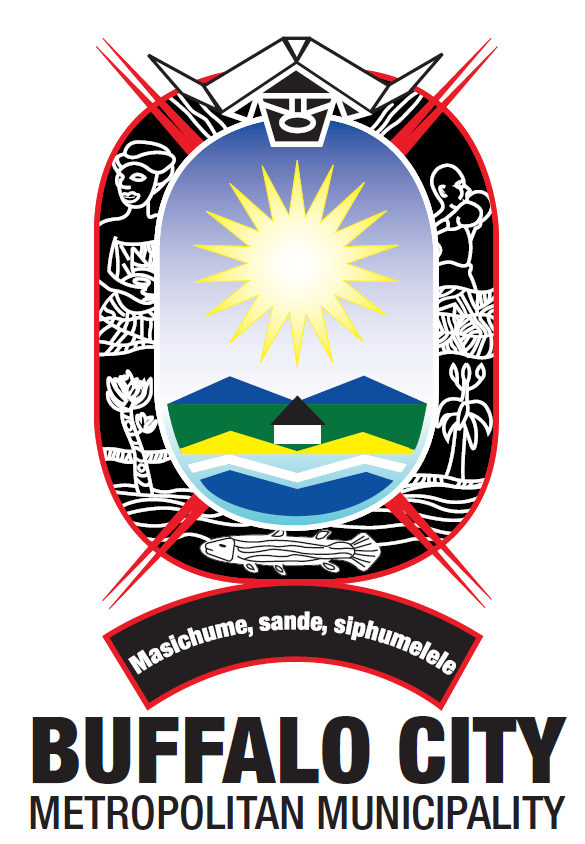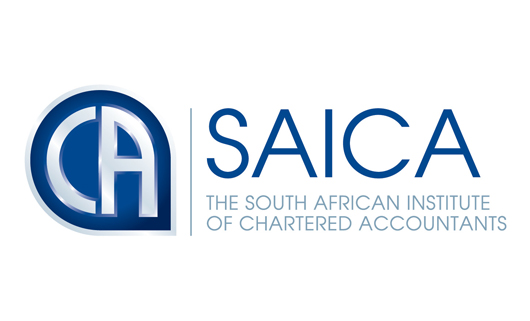Starting a business can be challenging for many, but if you are passionate, motivated, a risk taker, hard worker, or believe in yourself you are likely to succeed in the business world.
What is an entrepreneur?
An entrepreneur is someone who:
- can identify a niche in the market - an entrepreneur can spot business opportunities that will fill gaps in the market
- Can identify key people to help achieve goals - nobody is an expert in everything
- takes risks - even if you have carefully researched the market, there's always a chance that customers may reject your product or service
- shows drive and initiative - if you are launching a business you need determination and energy to overcome any obstacles
- Is resilient - all entrepreneurs have failures and successes. Your ability to learn from mistakes and move on is key to the success of your business
Starting a business can be challenging for many, but if you are passionate, motivated, a risk taker, hard worker, or believe in yourself you are likely to succeed in the business world. Before you start a business you should decide what type of business you want to establish. There are usually 5 types of businesses, namely:
-
Sole proprietor
Typical sole traders include the man-in-a-van type of occupation such as a plumber or electrician. However, the term can also apply to people who run small, web-based businesses from home.
This is the simplest and the most common type of business out there. The sole proprietor is responsible for everything the business does. You trade under your own name, with no separation of assets and liabilities. This means that you’ll be held personally liable for any debts that the business incurs.
-
Partnership
Partnerships are typically found in professional services such as accountants, lawyers, doctors, dentists etc, where the partners can share expertise and skills. They can also share the workload. Partnerships comprise two or more people and any profits, debts and decisions related to the business are shared.
-
Company
Companies are owned by shareholders who each put an amount of money into a central pool. This pool of capital is then added to by borrowing and other forms of finance. Directors run the company on behalf of shareholders, who receive a share of the profits. Each shareholder receives a portion - or share - of the company that is equivalent to what they put in. A company is seen as a legal entity that is entirely separate from the shareholders.
-
Franchise
Franchises are licensing arrangements whereby an individual or group can buy the right to trade and produce under a well-known brand name in a given locality. A franchise involves you using another company’s successful business model - and name - to establish your own business. The franchisee benefits from working for themselves while having the privilege and reputation associated with a much larger group.
-
Limited liability
Limited liabilities are intended to benefit professional partnerships such as lawyers, doctors etc. They offer a form of business protection for company shareholders and some limited partners. For these individuals, the maximum sum they can lose from a business venture that goes under, is the sum of money that they invested in the company.
Limited liability allows the members to limit their personal liability if something goes wrong with the business.
To start a business you need to follow these steps:
-
Name choosing and registration of your business.
Choose a name that is easy to pronounce, is memorable and is easily recognisable. Register the name and the business with the Companies and Intellectual Property Commission (CIPC). -
Decide on the legal structure for your business
The new Companies Act stipulates the way owners can register their businesses. You need to decide how your company should be structured, i.e. will it be a non-profit company, profit company, personal liability company, state-owned company, public company or private company? -
Opening a Business Bank Account
The business bank account can be opened after 22 days of your company registration with CIPC. The banks will expect you to produce the following document or more depending on the type of company you are starting.- The original company documentation, and;
- Proof of the identities of the director/s of the company
- Formation documents from CIPRO/CIPC
- Memorandum and articles of association
- Articles of Association
- Certificate of Incorporation
- Certificate to commence business
- Agreement by a registered practitioner to act as the company’s financial officer
- Statement by each Director indicating there is adequate capital in the Company for the purpose of the company’s business, also needs to be completed by the directors of the Company
- Certified copies of directors’ identity documents
- With these in hand the business owner will be able to open a cheque account for the business after making a deposit in the account.
-
Prepare a business plan
This should include an outline of how you want to start the business, how you are going to make money, who you wish to target as clients and why this idea will work. There are companies that assist people on how to develop a business plan. For more information on this contact National Youth Development Agency (NYDA) at 0800 52 52 52 or visit: http://www.nyda.gov.za/Pages/default.aspx -
Establish professional relationships
Build relationships with experts in various fields, such as insurance, legal, accounting. These professionals will be able to guide you in various aspects of your business. -
Have a good relationship with an attorney
There are a plethora of legal requirements when setting up and running a business. A lawyer will ensure you adhere to these and will be able to guide you in other matters as your business goes forward. -
Comply with the law
As mentioned above, you need to meet all the legal requirements for operating a business in South Africa. These include BBBEE, The Companies Act and the Consumer Protection Act, to name but a few. -
Obtain the necessary licences
Your relationship with an attorney will be useful here. You need to obtain the relevant registrations, permits and licenses for your business, such as registering intellectual property, registering with SARS, applying for a business license, etc. You will need to register with SARS in order to file your company’s tax returns and also to apply for a Tax Clearance certificate. For more information on SARS visit: http://www.sars.gov.za/About/Pages/default.aspx -
Decide what you’ll charge
Setting a price on your product or service can make or break your business. The amount must be affordable for your customers while producing a profit for your business. -
How will you finance your business?
Finding the right financing for your business can prove challenging. There are various options, including bootstrapping, bank finance, friends, family, investors and government funding. -
Find premises, equipment and suppliers
Choosing a site from which to run your business is of primary concern. You also need to decide whether to purchase or rent equipment for your company. Establishing relationships with suppliers to your business will ensure a good support infrastructure. -
Take out insurance
Familiarise yourself with the specific risks faced by your area of business and insure your business against that risk. -
Have record keeping systems
You need a proper record of your business’ financial transactions. Not only will this help you keep track of how your business it doing, it will prove essential should you need to apply for funding. -
Manage your finances
You need to decide whether you will manage your company’s finances yourself or will you outsource the task. This includes matters such as accounting and financial reporting, budgeting, collecting accounts receivable, risk management, and insurance matters. -
Market your business
Marketing drives sales and, ultimately, makes profits. Customers need to know about your business and its offerings before they can decide whether to spend their hard-earned cash with you. -
Staffing your business
Decide what positions need filling and research the best places to advertise to find those people. Have a clear idea of what that person’s role will be within your company. Familiarise yourself with the legal requirements of being an employer such as registering with SARS, PAYE, UIF, etc. -
Day to day operational plan
This is how you are going to run your business on a daily basis. It includes things like how are you going to manage orders, timekeeping and service levels.
DO I NEED A UNIVERSITY DEGREE TO START A BUSINESS?
No, but you do need to acquire important business skills. It is difficult to run a successful business without the necessary training or skills. You can contact the National Youth Development Agency (NYDA), The Small Enterprise Development Agency (Seda) and others for advice and support.




